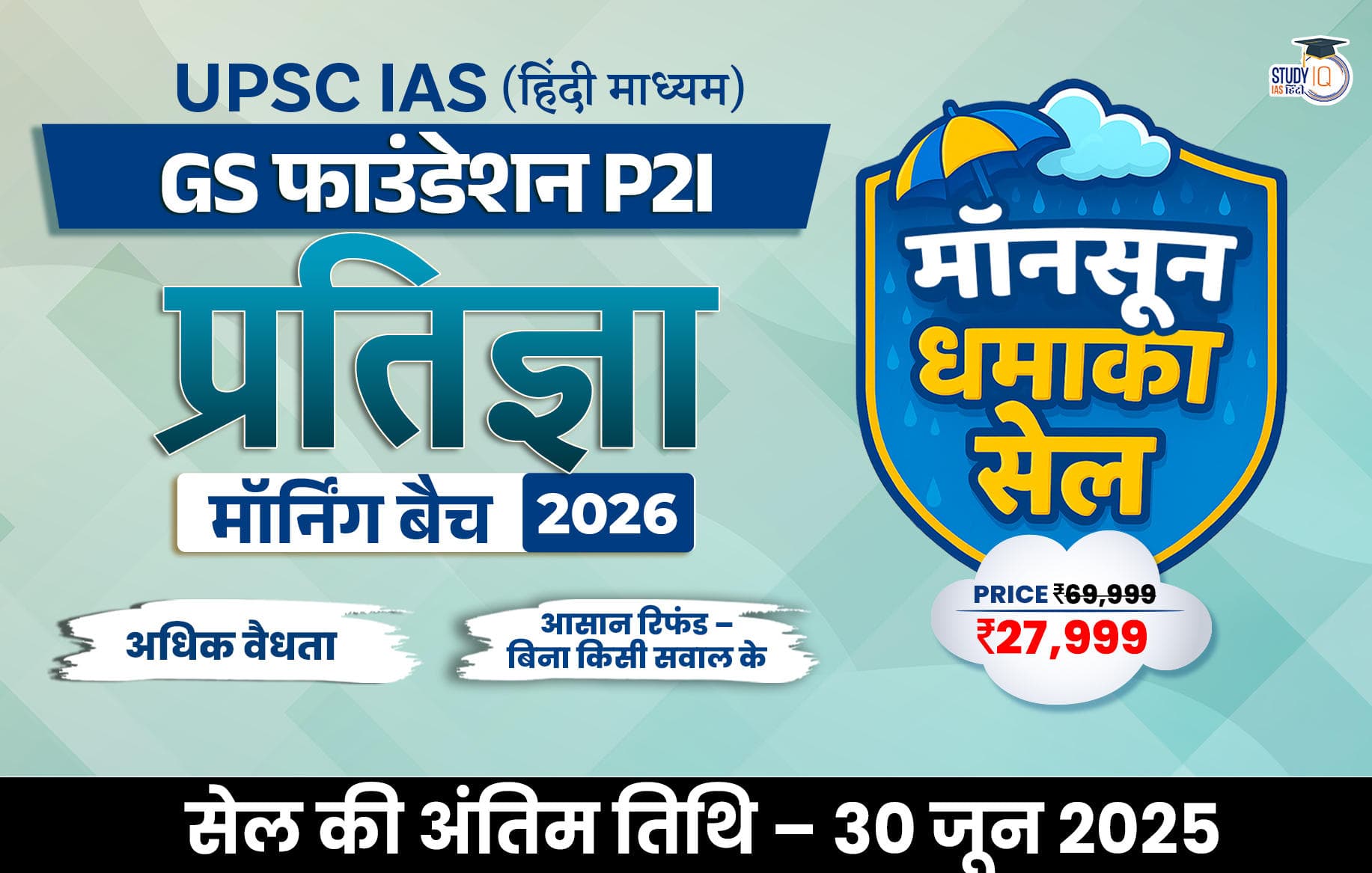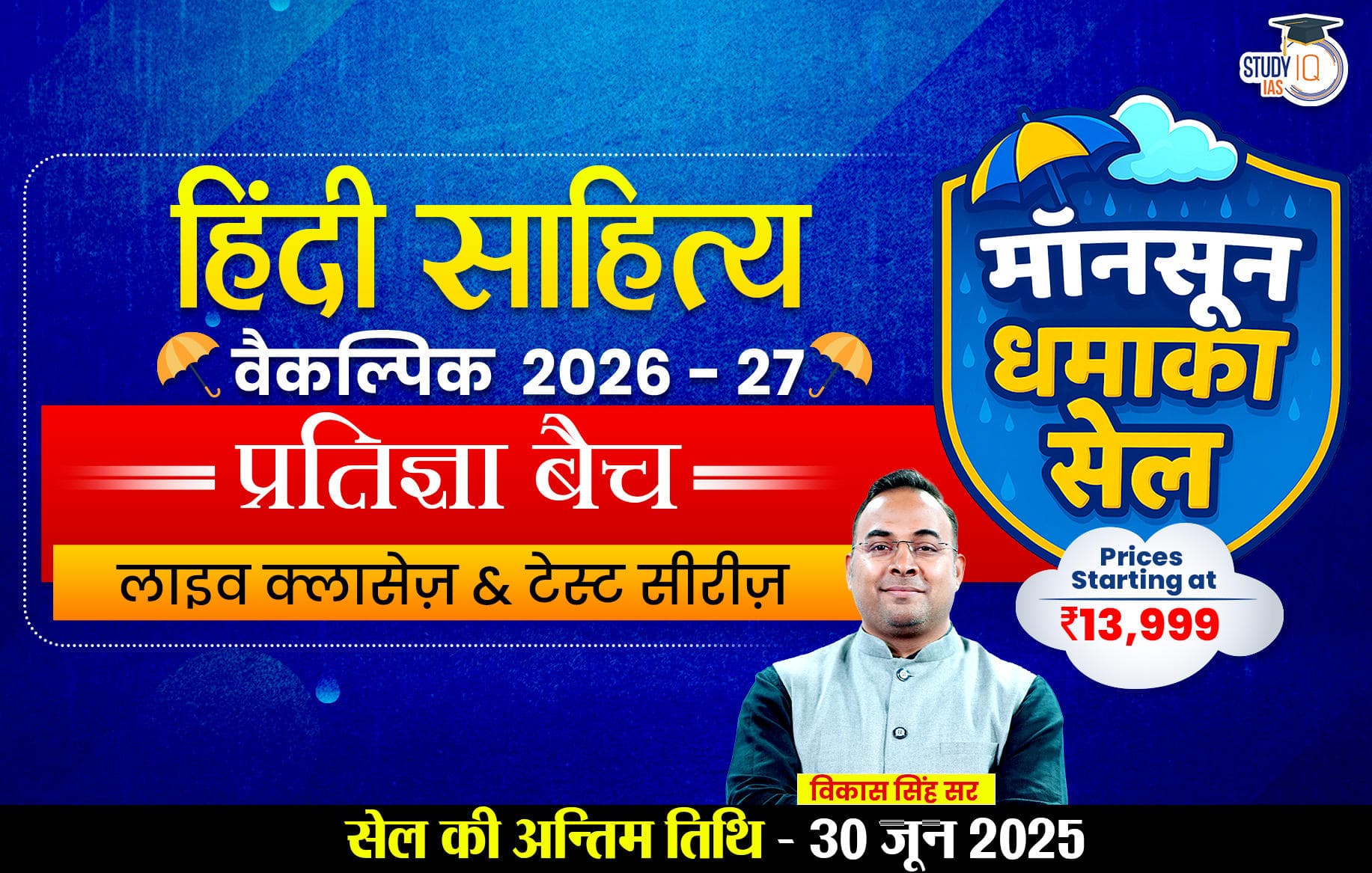Table of Contents
Q16. Why did Human development fail to keep pace with economic development in India. (15m) – Geography
भारत में मानव विकास आर्थिक विकास के साथ कदमताल करने में विफल क्यों हुआ?
Introduction
While as per economic survey 2022-23, India became world’s 5th largest economy in terms of nominal gdp. However, its HDI rank as per UNDP lies at 132 in 2021-22 shows the stark contrast in its economic and human development
Body
Reasons for human development not in pace with economic development:
-
- Rural-Urban Gap: While about 65% of the population lives in rural areas, majority of development has taken place in urban areas -increased per capita income), better educational opportunities (ASER report), and healthcare.
- Disguised employment: About 45% of the workforce is involved in agriculture, churning out only 15% of GDP.
- Primate city development: development of cities on the resources derived from other areas. E.g Mumbai, Bangalore etc.
- Inadequate hinterland connectivity: While development of SEZ has taken place at a large scale, their connectivity with the hinterland is not adequate.
- Lopsided industrialisation: maximum recorded value of the share of manufacturing value added in GDP has never exceeded 19 per cent in India.
- Informal jobs: About 90% of the workforce is involved in the informal sector, lacking social security.
-
- Income Inequality: Ex. As per Oxfam report, the wealth of India’s top 1% exceeds the wealth of the entire middle class(40% of population).
- Gender Inequality: WEF’s global gender gap report India ranks 127 out of 146 countries in 2022.
Measures to Ensure Human Development with Economic Development:
- Invest in Education: Only 3% of GDP investment in education. Ex. promote vocational training, PM-SHRI Scheme.
- Enhance Healthcare Access: through National Rural Health Mission, Ayushyaman Bharat,
- Income Redistribution: Implement progressive taxation and social welfare programs.
- Promote Gender Equality: Equal pay(Art. 39D), Enforce gender equality through legal reform and initiatives supporting women’s empowerment.
- Rural Development: access to clean water(Nal se jal), sanitation (POSH), and electricity (Saubhagya Scheme).
- Labor Market Reforms: Ensure labor laws and policies support fair wage (Art 43), Decent working conditions, and Job security for all (Atal Pension scheme).
- Social Inclusion: Ex. Uplift marginalized communities and provide equal opportunities.
Conclusion:
In conclusion write about how economic growth and economic development is imperative for India to establish brotherhood, unity in the country (Case study Pakistan, Nigeria).
Check out the UPSC Mains GS Paper 1 2023 Analysis with detailed expatiation of the topics of Mains GS Paper 1 By the Study IQ Experts.


 NATO Countries List 2025, Members, Funct...
NATO Countries List 2025, Members, Funct...
 UPSC Prelims Syllabus 2025 PDF, Check Su...
UPSC Prelims Syllabus 2025 PDF, Check Su...
 UPSC Toppers 2024 Felicitation Program b...
UPSC Toppers 2024 Felicitation Program b...





















